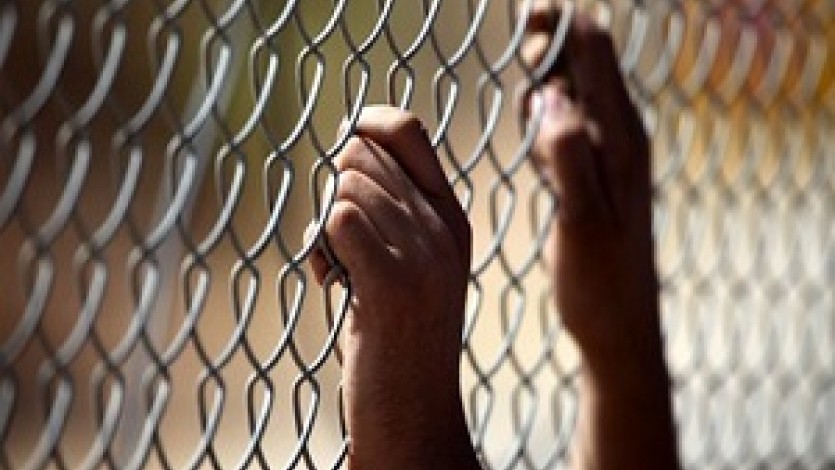The basis that govern the treatment of prisoners - which are three: mercy, dignity, and justice - reflect the extent of Islam's commitment to human rights, within an integrated methodological vision, and a global approach that transcends the boundaries of time and place.
Identifying some of these rights, which Islam has implemented, is necessary and important to know the humanity of Islamic legislation, and to benefit from this approach to apply it on the ground.
The purpose of this research is to identify the rights of prisoners in Islam, compare them with international laws, especially the Geneva Convention, and demonstrate the precedence, comprehensiveness, and divine nature of the Islamic approach in this field. We believe that Islam has provided a model to be emulated in the field of dealing with prisoners, which can be a source of inspiration for modern societies, and positive laws in the field of human rights care, including the rights of prisoners. We have adopted the descriptive-analytical approach, in addition to the comparative approach.




Comments